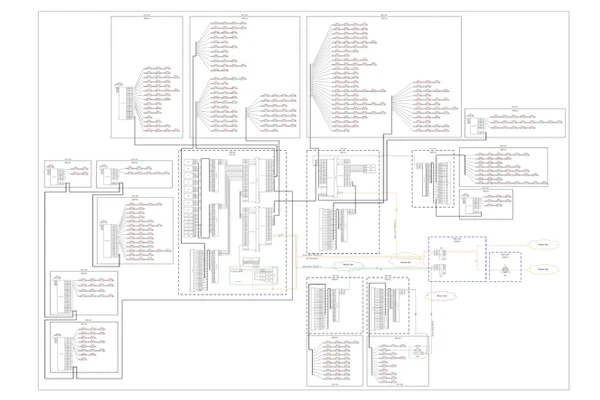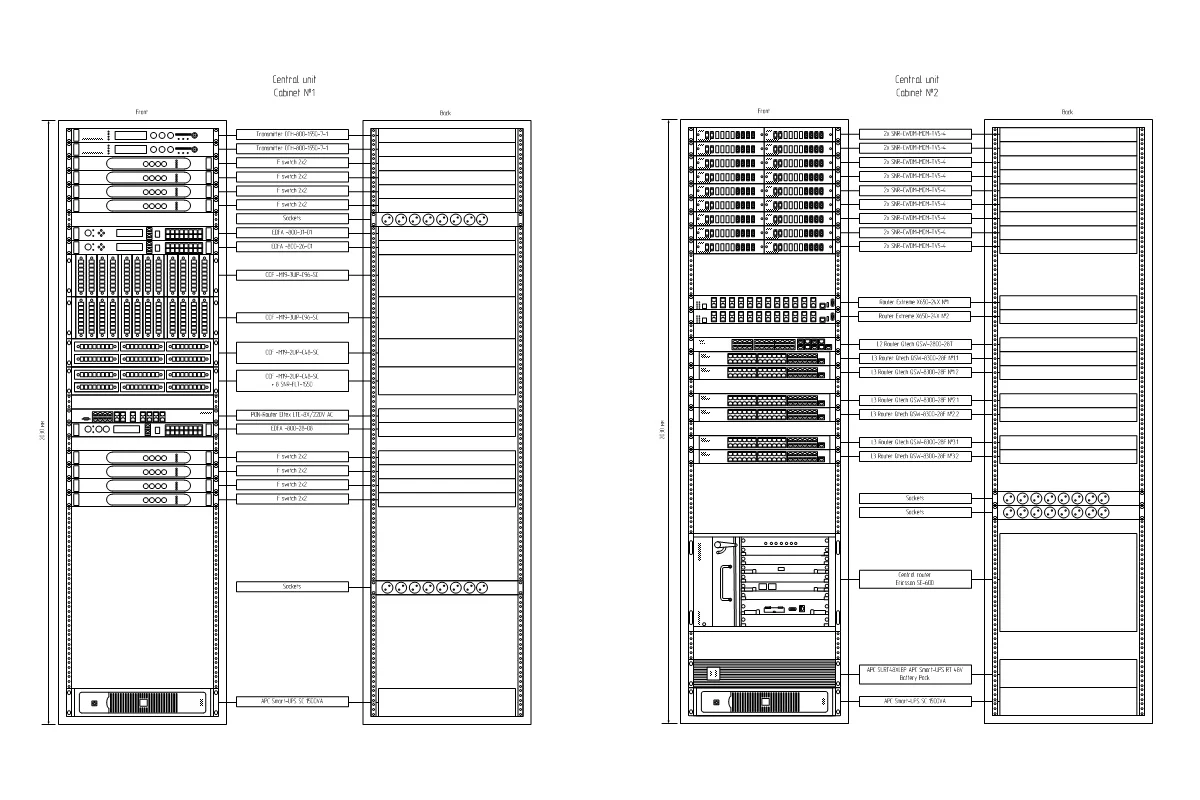Over the last ten years, South Africa’s digital environment has undergone a remarkable transformation. According to GSMA Intelligence, mobile networks now achieve nearly complete coverage across the nation, boasting a penetration rate of 99.5%. Nevertheless, a pronounced digital divide persists in terms of broadband access, with only 20% of households connected.
Even more concerning is the fact that merely one in ten South Africans has access to high-speed fibre or fixed wireless networks. While significant advancements have been made, these statistics highlight the considerable efforts still required to address the existing connectivity disparities. Encouragingly, both public and private sector investments are paving the way for change. A notable initiative is the National Broadband Project launched by the State IT Agency. This initiative aims to enhance connectivity nationwide while simultaneously reducing costs for government, municipal, and state agencies. As of 2024, the agency has committed to achieving 98% core network availability across over 7,500 connected government sites.
Inclusivity
In terms of digital inclusivity, mobile operators are also emphasizing the importance of providing affordable solutions for historically underserved areas. The last decade has witnessed significant advancements in mobile technology, transitioning from 3G to 5G, which has led to increasingly accessible connectivity. This progress has notably improved internet access, especially in regions where fiber optic infrastructure is prevalent.
Evolution
The digital landscape is undergoing a remarkable transformation, driven by an ever-increasing demand for data across every segment of society. Experts highlight that service providers are responding to this surge by introducing unlimited data plans and cost-effective packages in fiber-enabled regions.
As we embrace advancements in technology – from innovative applications and artificial intelligence to smart vehicles and digital payment systems – the link between connectivity and data access becomes crucial.
These developments have the potential to significantly enhance the nation’s wellbeing and economic growth, emphasizing the importance of affordable data solutions that can foster greater internet access and propel the data-driven revolution forward.
Ripple effects
The consequences of these initiatives could extend widely, providing advantages to both individuals and businesses. Currently, forward-thinking companies are leading this charge, understanding that universal internet access is not merely a luxury but a vital driver of progress and equality in the digital era.
Fiber-to-the-Home (FTTH) solutions are advancing rapidly, necessitating a more concentrated effort to extend these services to the remote areas of the country. This technology offers boundless capacity, capable of delivering education, knowledge, and transformation to communities that have historically been isolated from the global landscape due to geographical and economic barriers.
Global investments
Significant investment has been made by numerous fiber network operators into affordable, high-capacity fiber deployments that cater to communities in South Africa, making connectivity more accessible than ever. Additionally, there has been a notable increase in the number of undersea cables serving the African continent.
West Africa cable system (WACS) links South Africa to the United Kingdom along the western coast of Africa. Eastern Africa Submarine Cable System (EASSy) operates along the eastern coast, while the newly launched Equiano also traverses this region. These are the most prominent cables, yet numerous others exist, establishing multiple access points along the coastline that ensure dependable service for the nation.
Several content providers, such as Google and Meta, have expressed intentions to introduce additional cables to the continent, thereby enhancing redundancy and improving service reliability. The continent possesses significant potential, it is well-connected, and reliable service providers are delivering high-speed internet access.
Amidst these developments, Africa is gradually asserting itself on the global stage, tapping into markets, demonstrating innovation, and fostering business growth. Although challenges remain, both organizations and the government are taking essential steps to enhance connectivity for South Africa and its citizens.
Splice.me investment
Splice.me took part in development projects in Nsele and Gombe in the vicinity of Kinshasa, capital city of the Democratic Republic of the Congo. The whole fiber network project for more than 1000 new residential buildings was designed on time and inline with strict local rules. A solution with a hybrid technology of Ethernet and GPON was developed to bolster the aims of rolling out the most advanced, fast and future-proof fiber network. It was later agreed to transform this approach into a general frame to be utilized by public-private partnerships that can help finance the expansion of such networks, ensuring underserved regions benefit from robust connectivity.
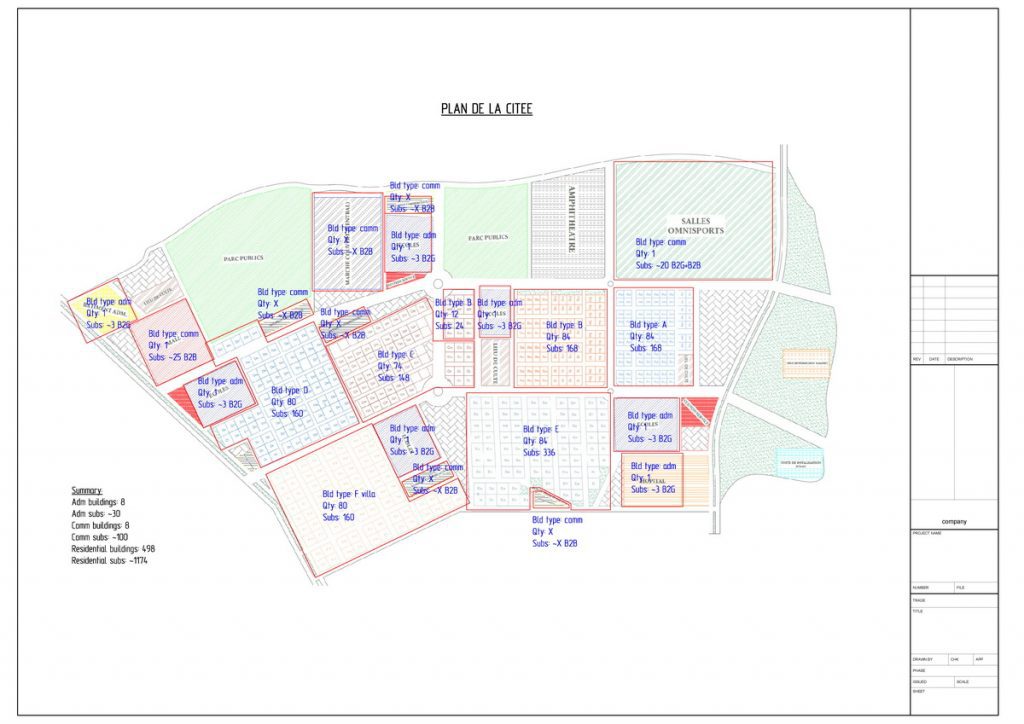
All fiber splicing documentation was delivered via splice.me application. The strategy of implementing this management system is:
- Saving enormous amount of time during the fiber network design process
- Serving as the source of truth for all engineers and splicers
- Empowering the field teams with providing them the most clean and readable splicing diagrams
- Making it future-ready as it’s extremely easy to alter the fiber documentation
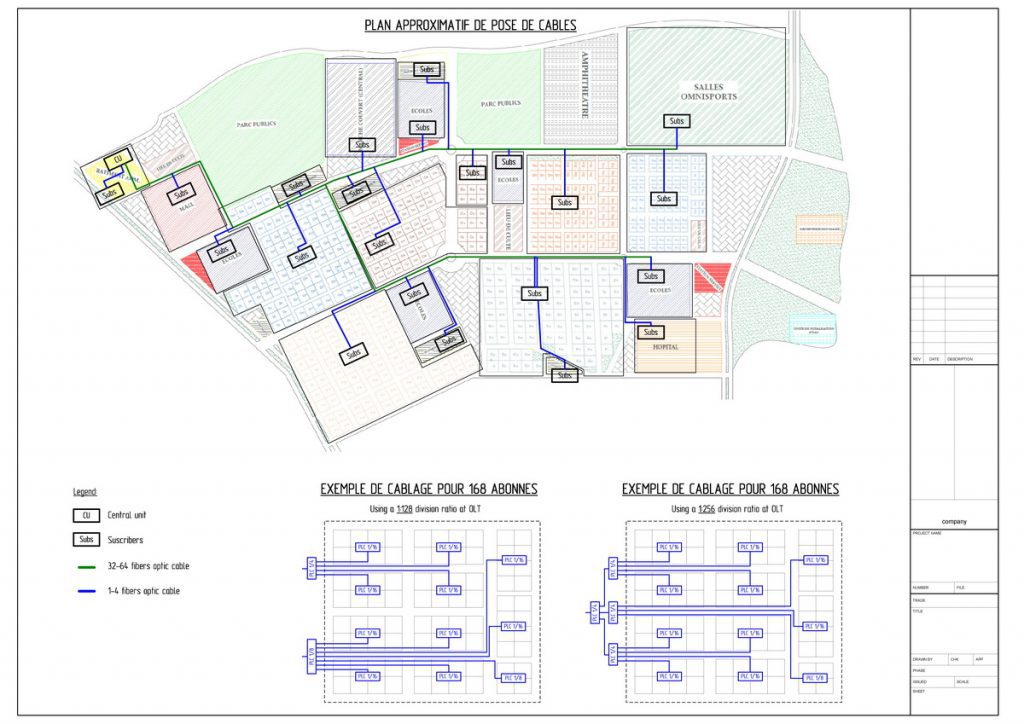
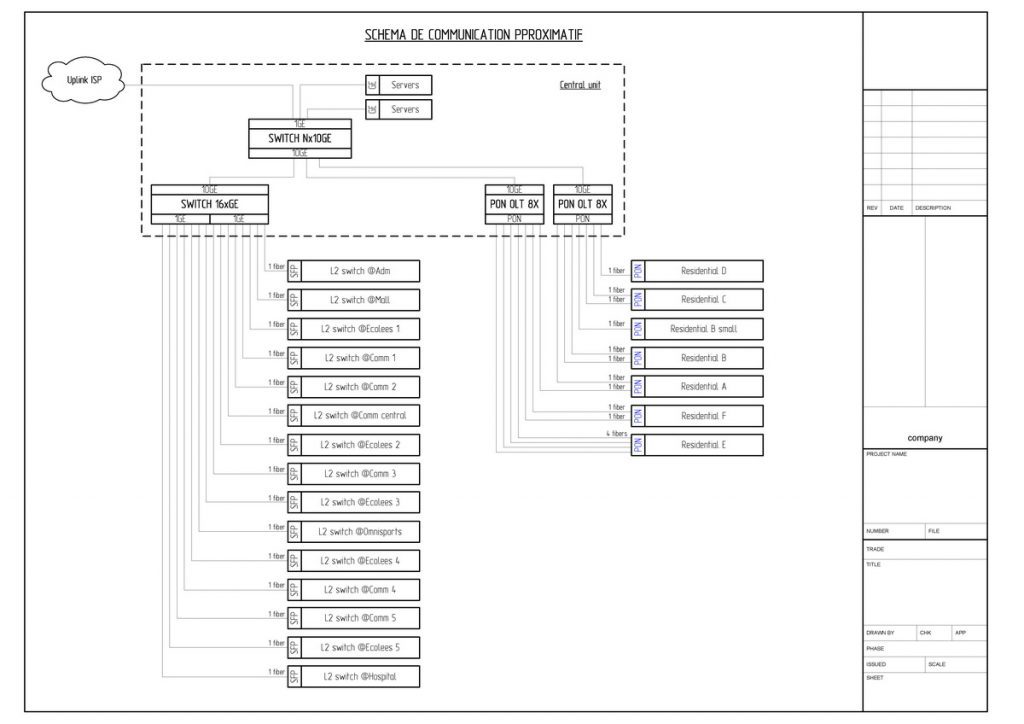
Africa’s vast rural landscapes pose unique challenges for fiber deployment due to high costs and difficult terrain. Absence of utility poles, underground communications in such areas also pose challenges in fiber outside plant development. Hybrid approaches that combine fiber networks in urban centers with wireless technologies in remote areas offer a viable solution and a practical way forward.
Benefits of closing the gap
The benefits of closing the gap are apparently not endemic to Africa. Reliable internet access can boost small businesses, enhance education through e-learning, and improve healthcare delivery via telemedicine. Furthermore, digital inclusion strengthens social cohesion by providing equal opportunities for all. Splice.me team is proud of taking part in bridging the connectivity gap in Africa.
Take care of your splice sheets
1000+ ISPs are already saving weeks of work with Splice.me!


